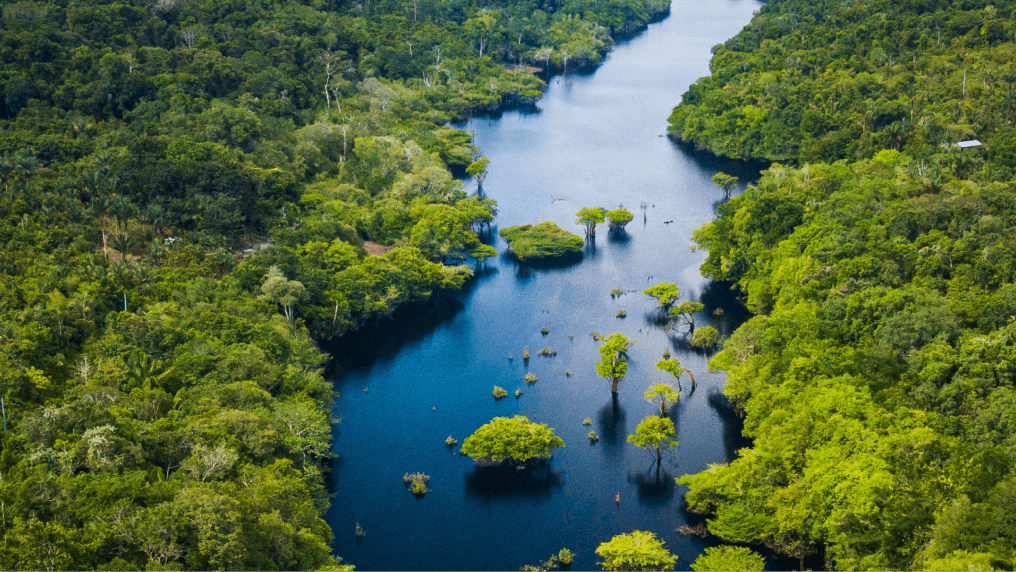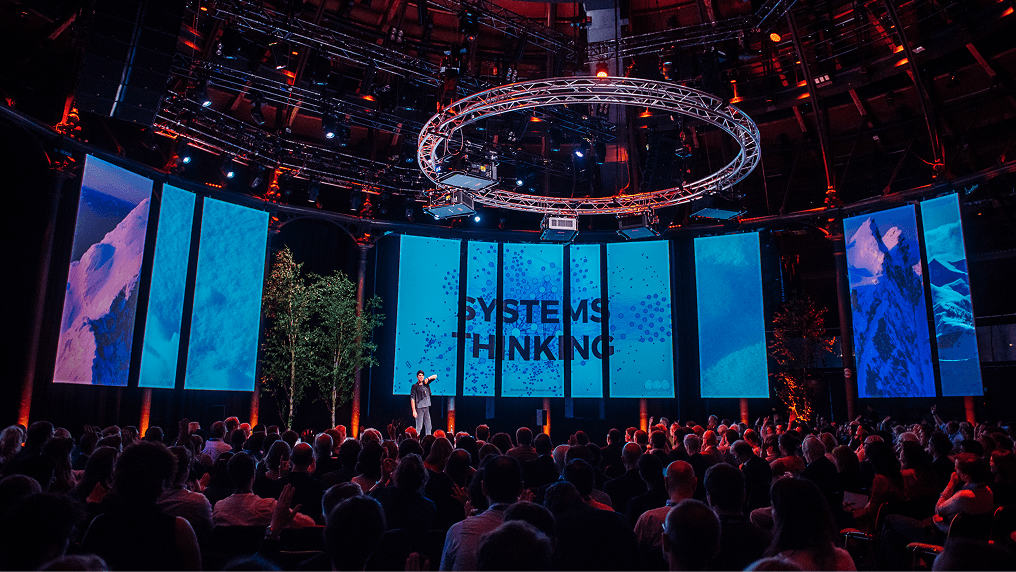This is part of a series of impact stories highlighted in our 2024 Impact Report. To explore more impact stories, see the full collection.
Meaningful reporting is essential for driving the shift to a circular economy, giving businesses, investors, and policymakers the insights they need to track progress, find new opportunities, and make informed decisions. However, for companies striving to accelerate action, the rapidly evolving reporting landscape has created confusion around what to measure, and presented challenges; for example, by disincentivising circular solutions that mitigate climate emissions.
To address this, we have been driving harmonisation in the reporting landscape and helping businesses navigate its complexities. In May, we published Navigating the Circular Economy Reporting Landscape, setting out the role of measurement in accelerating action. We have also collaborated with leading companies to develop recommendations for the most widely adopted disclosure frameworks, including the Taskforce on Nature-related Financial Disclosures and the GHG Protocol, the global standard for emissions reporting. Focusing on the key reporting frameworks can trigger positive tipping points in capital markets, ensuring that circular economycircular economyA systems solution framework that tackles global challenges like climate change, biodiversity loss, waste, and pollution. It is based on three principles, driven by design: eliminate waste and pollution, circulate products and materials (at their highest value), and regenerate nature. principles are embedded in financial decision-making.
39 key reporting frameworks have now incorporated the Foundation’s feedback or refer to our messaging.
In parallel, we created a tool, available to businesses in our Network, to help them evaluate their progress toward becoming circular economy leaders. Adopted by 50 partner companies, this has enabled organisations to identify areas for improvement and create opportunities for impactful collaboration.


Case study
"Clear guidance on how businesses across sectors identify, assess, and disclose their nature-related issues is essential to give investors the information they need to support business models that benefit nature. We are deeply grateful to the Ellen MacArthur Foundation for their invaluable expertise and contributions to the development of the sector guidance for apparel, accessories & footwear, construction materials, and engineering, construction & real estate. Their insights have helped shape both this guidance and their alignment with Taskforce on Nature-related Financial Disclosures’ (TNFD) overall framework, ensuring it reflects leading practices in the transition to a circular economy."
Emily McKenzie, Technical Director, Taskforce on Nature-related Financial Disclosures (TNFD)
In this collection

Breaking new ground
The Ellen MacArthur Foundation's Impact Report Summary 2024
We are a leading global organisation committed to transforming the economy so that it works for people and the environment.


















